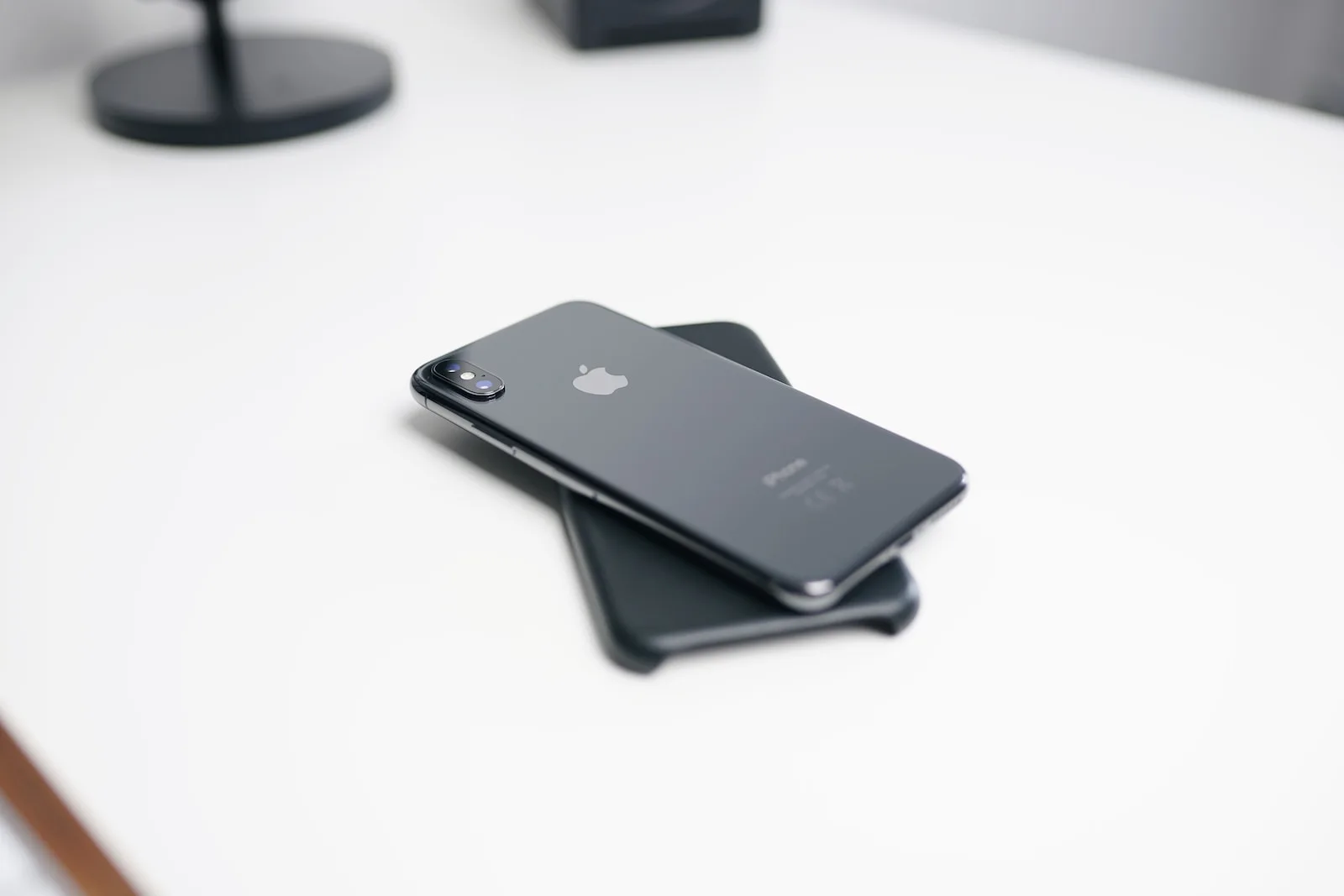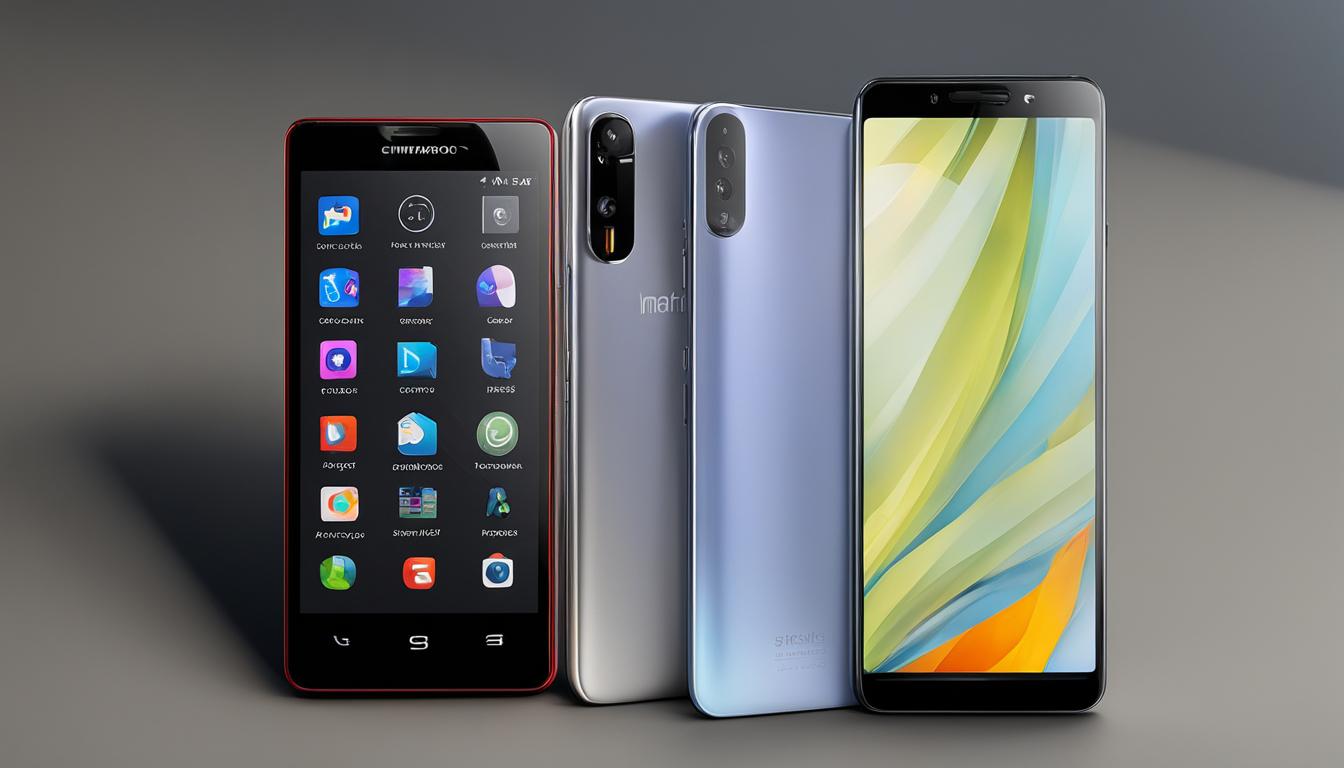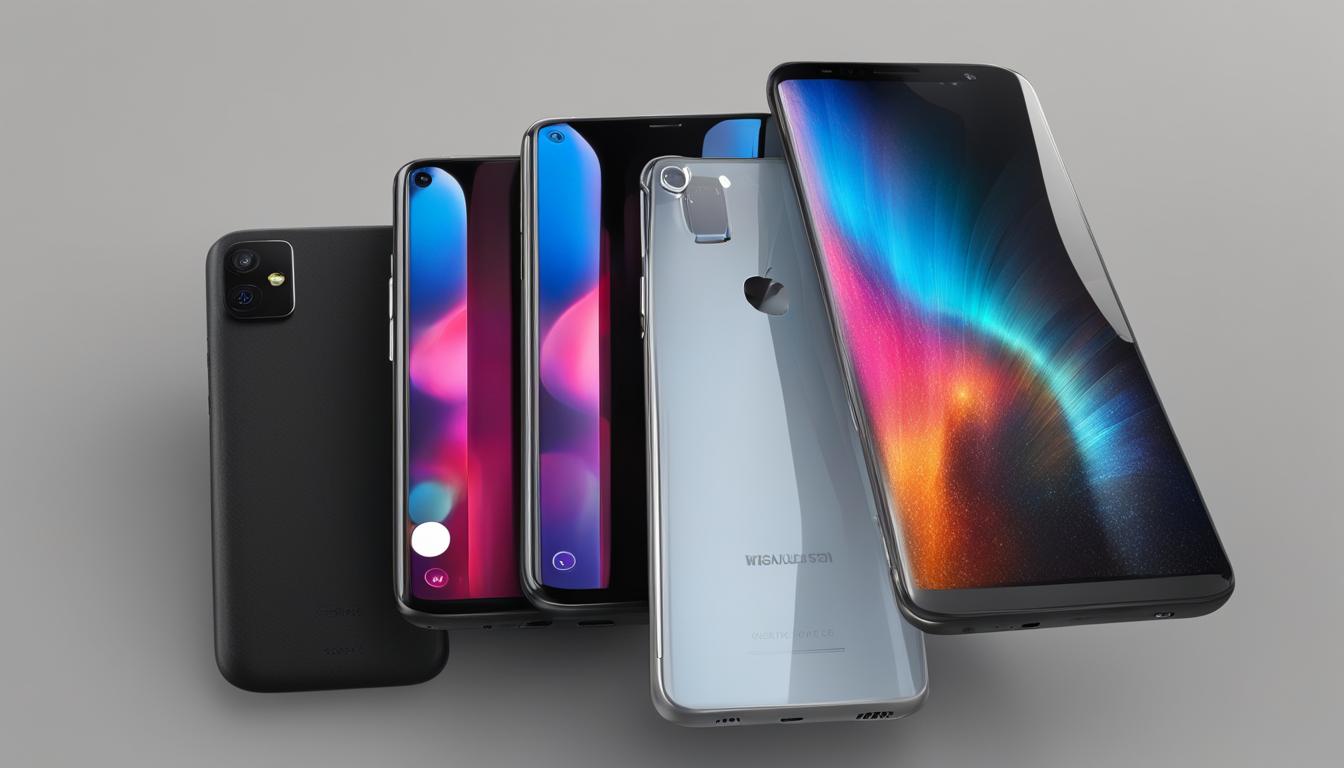Mobile security has become a paramount concern in today’s digital landscape. With the widespread usage of smartphones and tablets, these devices have become an integral part of our lives, storing a vast amount of confidential information and connecting us to various online services.
Therefore, it is crucial to assess the level of security provided by different mobile operating systems to ensure the protection of our personal data. When it comes to mobile operating systems, two major contenders dominate the market: Android and iOS.
Android, developed by Google, holds the lion’s share of the global smartphone market due to its open-source nature and wide range of device options. On the other hand, iOS, developed by Apple exclusively for its devices like iPhones and iPads, boasts a reputation for its seamless user experience and robust security features.
Brief overview of the importance of mobile security
Mobile devices have evolved beyond mere communication tools; they now contain a treasure trove of personal data such as emails, contacts, photos, financial details, health records, and more. This makes them highly lucrative targets for cybercriminals who seek to exploit vulnerabilities in order to gain unauthorized access or steal sensitive information. In recent years, there has been an exponential rise in malware targeting mobile platforms.
Malicious apps disguised as legitimate ones can compromise device security by stealing personal information or even gaining control over various system functionalities. Moreover, mobile devices often connect to public Wi-Fi networks or use third-party apps with potential security risks.
The importance of mobile security cannot be overstated; it is not only about protecting personal data but also ensuring user privacy and preventing potential financial losses or identity theft. The choice between Android and iOS can significantly impact an individual’s overall level of protection against these evolving threats.
Introduction to Android and iOS as the two dominant mobile operating systems
Android, developed by Google, has emerged as the most widely adopted mobile operating system worldwide. Its open-source nature allows device manufacturers to customize it according to their specific requirements, resulting in a vast range of Android devices available in the market. This versatility attracts users who prefer a wider choice of hardware options and customization capabilities.
On the other hand, iOS is developed exclusively by Apple and is limited to their own devices such as iPhones, iPads, and iPods. The closed ecosystem created by Apple ensures strict control over both hardware and software components.
This approach results in a seamless user experience across all Apple devices and provides enhanced security features that are tightly integrated into the operating system. Both Android and iOS have their unique strengths and weaknesses when it comes to security.
In this article, we will delve deeper into their respective security architectures, vulnerability management strategies, app store screening processes, device encryption capabilities, and more. By examining these aspects comprehensively, we can determine which mobile operating system offers better security measures for safeguarding our valuable data.
Understanding the Basics: Android and iOS Security Architecture
Android Security Architecture: A Kernel-Based Fortress
When it comes to security architecture, Android stands on the shoulders of Linux, leveraging its robustness and battle-tested security features. At the core of Android’s security lies its kernel-based security model.
The Linux kernel provides a solid foundation for protecting against various threats, including malware and unauthorized access. This security model is responsible for enforcing strict access controls and managing resource allocation.
Another critical aspect of Android’s security architecture is its application sandboxing mechanism. Sandbox technology creates isolated environments for each app, ensuring that they operate independently without interfering with one another or accessing unauthorized resources.
By confining apps within their respective sandboxes, even if one app is compromised, it cannot pose a significant risk to other apps or the operating system itself. Furthermore, Android employs a comprehensive permission-based system that governs app access to device resources.
Before an app can utilize sensitive functionalities or data, such as accessing the camera or reading contacts, explicit user permission must be granted. This approach puts users in control of granting access privileges and helps prevent malicious apps from exploiting sensitive information without consent.
iOS Security Architecture: Fortifying Data with Secure Enclave
In the realm of iOS security architecture lies a formidable fortress designed to protect users’ personal data with utmost diligence. The Secure Enclave Processor plays a vital role in this endeavor by acting as a vault for handling highly sensitive information like biometrics (e.g., fingerprints or facial recognition).
This dedicated hardware component ensures that biometric data remains encrypted and stored securely within an isolated enclave inaccessible to any other part of the device or even iOS itself. To maintain stringent control over app behavior and integrity, iOS implements strict app sandboxing policies along with code signing requirements.
Each app operates within its own sandboxed environment, mitigating potential risks by limiting access to system resources and other apps. Additionally, code signing ensures that only authorized and trusted applications can run on iOS devices.
This process involves digitally signing app packages, providing a means to verify the integrity and authenticity of the software before installation. To further enhance security, Apple follows a mandatory App Store review process.
This meticulous examination entails manual inspection of each submitted app by Apple’s team before they are made available to users. Through this screening process, Apple strives to weed out malicious or low-quality apps that could jeopardize user privacy or compromise the overall security of the iOS ecosystem.
Vulnerability Management: Patching and Updates
Android vulnerability management challenges
One of the major challenges in Android’s vulnerability management is the fragmentation caused by the diverse range of device manufacturers and versions of the operating system in use. Unlike iOS, which is exclusively developed by Apple for its own devices, Android is open-source and can be customized by various manufacturers.
This leads to a lack of uniformity in software updates, with different devices receiving updates at varying speeds or sometimes not at all. Furthermore, carrier involvement adds another layer of complexity as they have control over when updates are delivered to devices, often causing delays.
iOS vulnerability management advantages
iOS has a significant advantage in vulnerability management due to its centralized control by Apple. Since Apple develops both the hardware and software for its devices, it can directly push out patches and updates without relying on third-party manufacturers or carriers.
This centralized control allows for quicker deployment of security patches, ensuring that vulnerabilities are addressed promptly across a large number of iOS devices. Additionally, regular updates are pushed directly to iOS devices, bypassing carriers’ involvement, which helps maintain a consistent level of security throughout the ecosystem.
App Store Security: Screening and Verification Process
Google Play Store’s approach to app screening
The Google Play Store employs a multi-layered approach to app screening. It utilizes an automated scanning system called Google Play Protect that constantly examines apps available on the store for any potential malware or malicious behavior.
This automated system scans millions of apps daily to identify threats using machine learning algorithms and various other heuristics. Additionally, Google also implements a manual review process where suspicious apps flagged by automated scanning are further examined by human reviewers who assess their compliance with Google’s policies.
Apple’s App Store verification process
Apple has implemented strict guidelines for app submission to the App Store, including stringent code signing requirements. Before an app is published on the App Store, it undergoes a manual review process conducted by Apple’s team of experts.
This comprehensive review ensures that apps meet Apple’s quality standards and adhere to their guidelines. The manual evaluation helps in identifying any potential security risks or policy violations that automated systems might miss, providing an additional layer of scrutiny and enhancing overall app store security.
Device Encryption and Data Protection
Android’s encryption capabilities
Starting from Android version Lollipop (5.x), Google introduced full-disk encryption as a standard feature for Android devices. Full-disk encryption encrypts the entire device storage, protecting user data from unauthorized access in case of theft or loss.
Android also supports file-based encryption, allowing for more granular control over individual files and folders. Additionally, advanced features like secure hardware-backed keystores further enhance data protection by securely storing cryptographic keys used for encryption.
Conclusion
In terms of vulnerability management and patch deployment, iOS holds a significant advantage over Android due to its centralized control and direct update distribution approach. The fragmentation caused by different device manufacturers and versions of the operating system poses challenges for Android in maintaining consistent security standards across its vast ecosystem.
However, both platforms prioritize app store security through multi-layered screening processes that include automated scanning systems and manual review by experts. Moreover, they have implemented robust data protection mechanisms such as encryption to safeguard user information.
While both Android and iOS have their strengths and weaknesses regarding mobile security, it is crucial to understand that no mobile operating system is entirely immune to threats. Both platforms continuously strive to improve their security measures with regular updates and advancements in technology.
It is important for users to stay vigilant by keeping their devices updated, downloading apps only from trusted sources, and practicing safe browsing habits to maximize their overall mobile security. With ongoing efforts from both platforms, users can enjoy a safer mobile experience, regardless of their chosen operating system.



